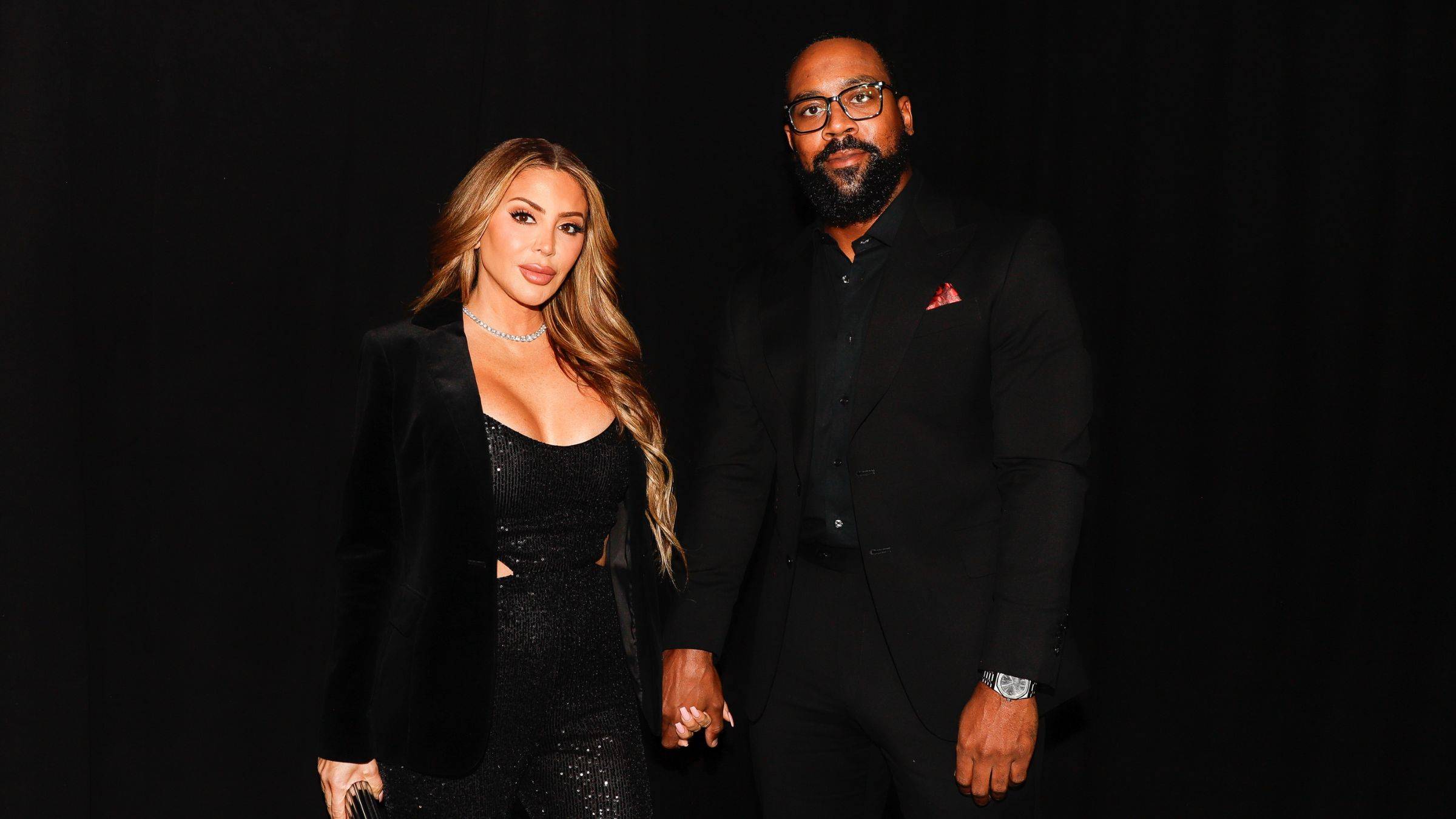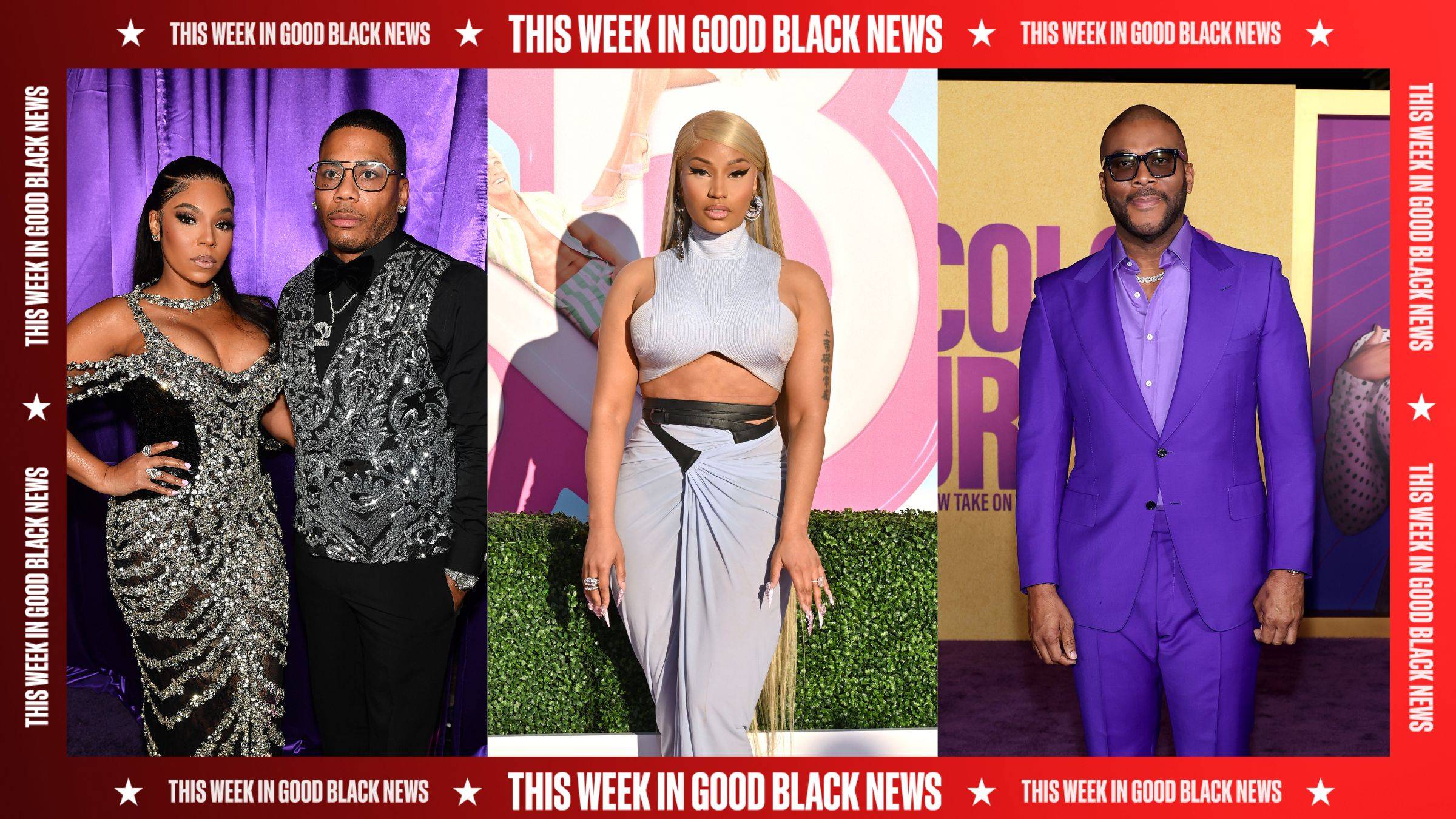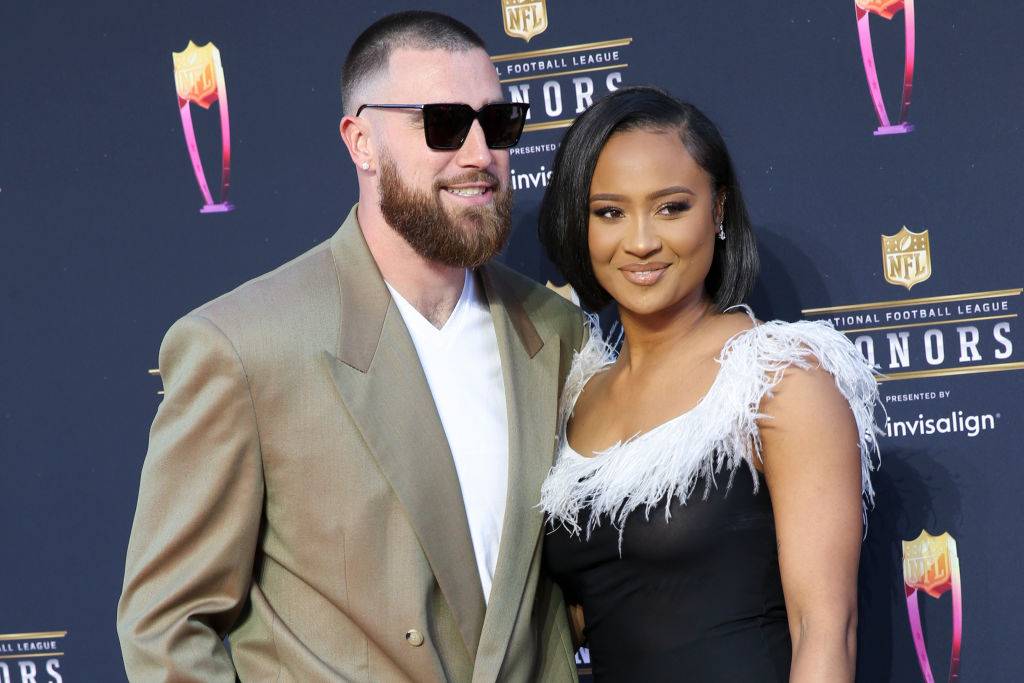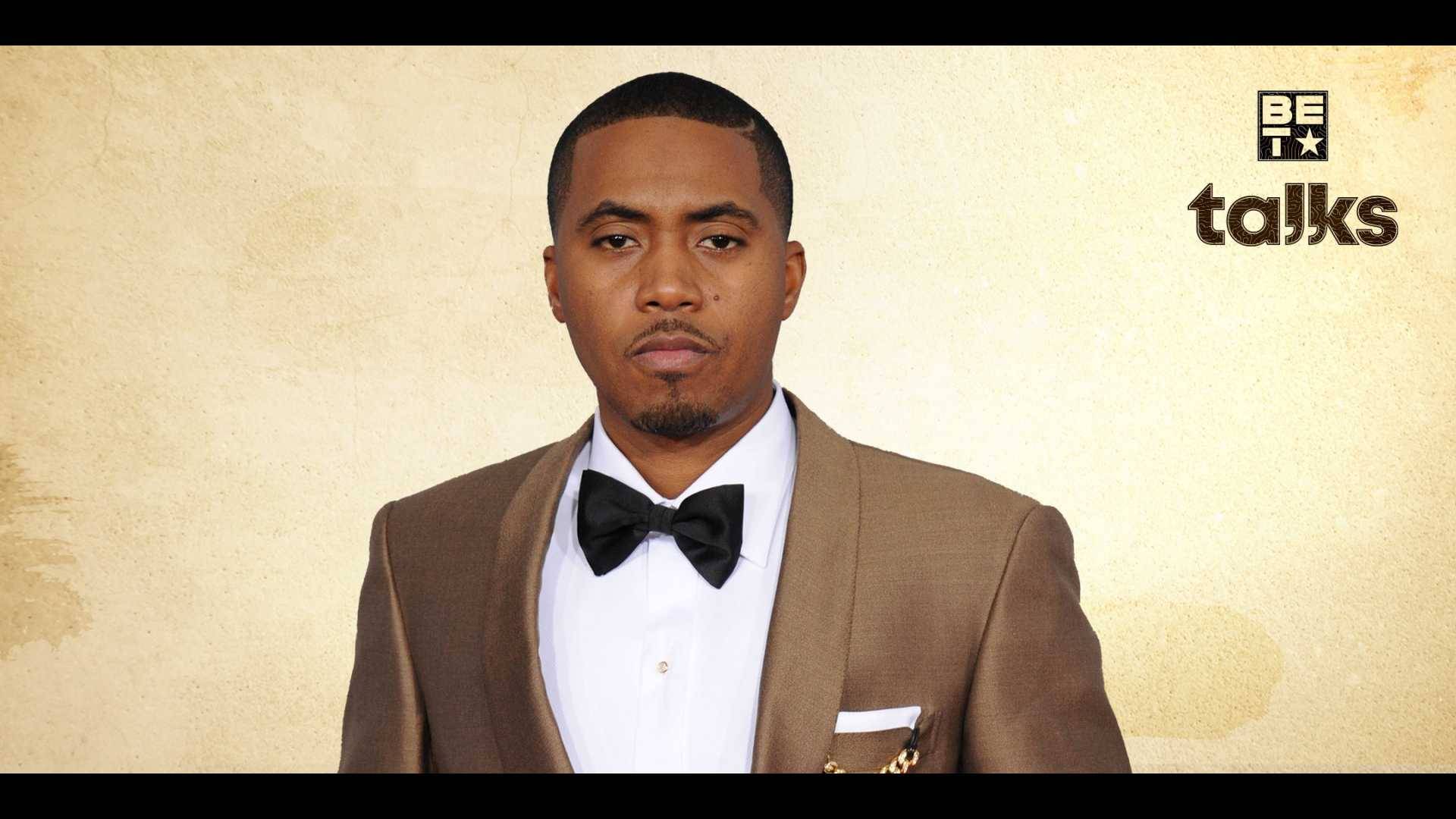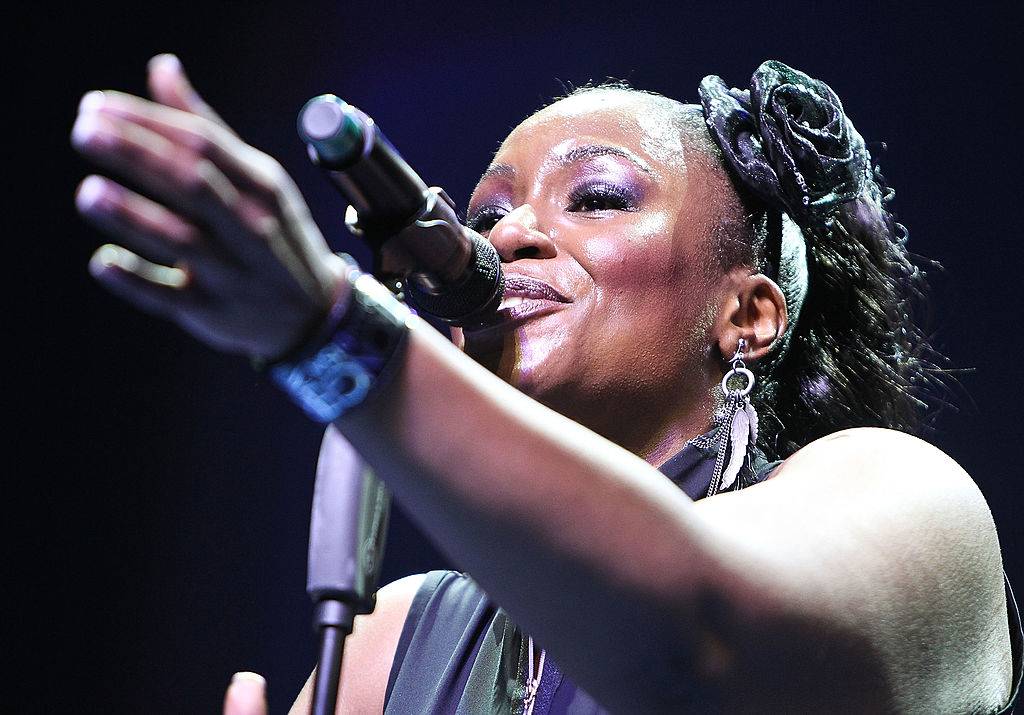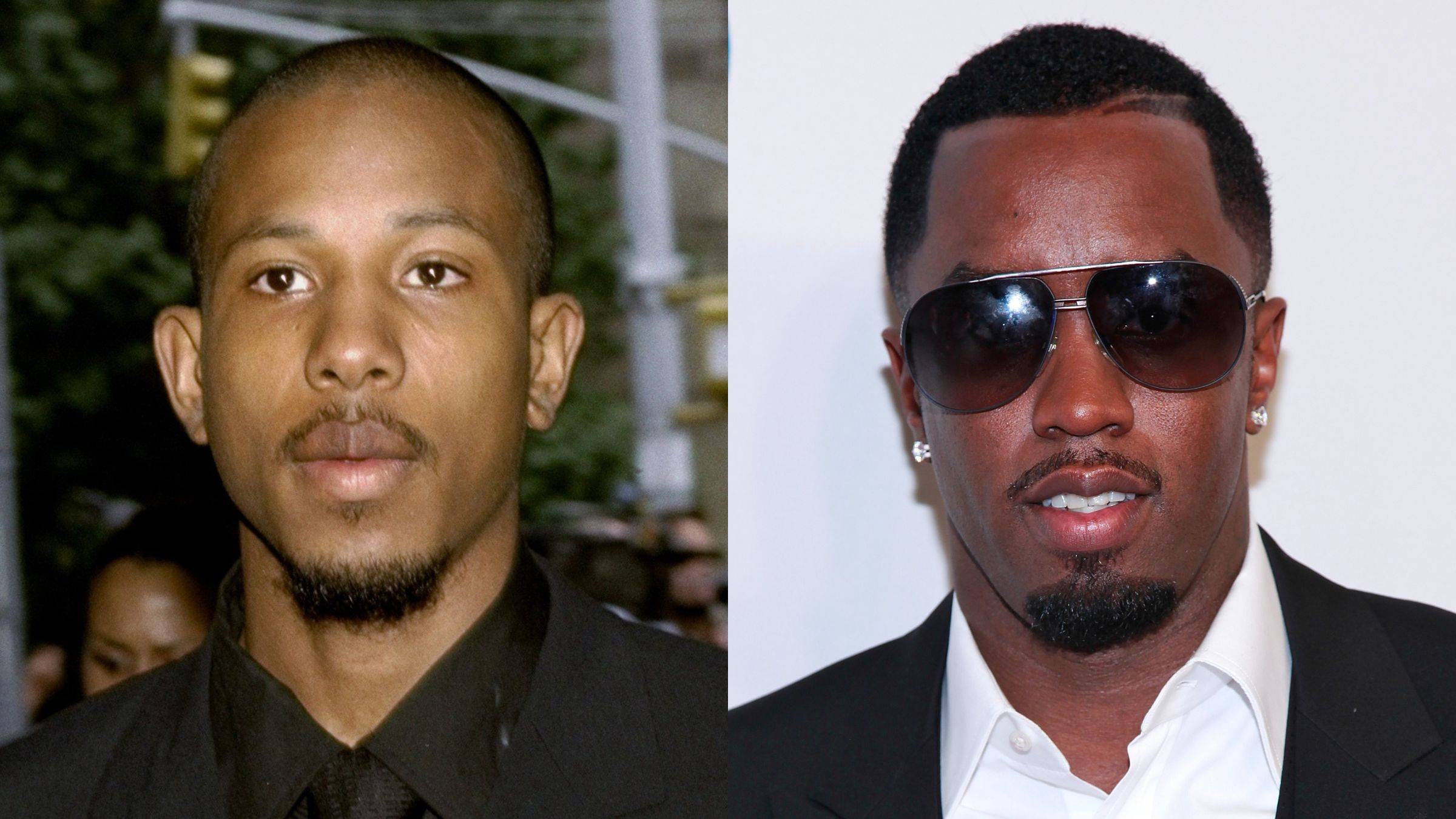[The Green Room] 'Kill Yourself' and Other Things We Shouldn’t Say in This Age of Mental Health Awareness
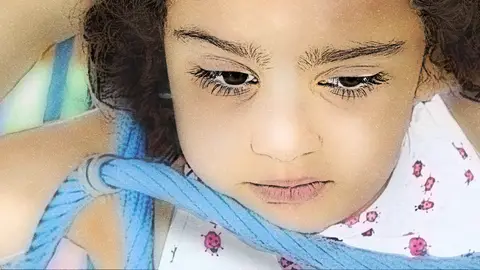
As a father of four, my primary concern is my children’s mortality. It’s alarming how often I find myself thinking of different ways they could meet their demise if I’m not vigilant. “Is your seatbelt on?” I’ll scream, climbing into the minivan. “Eat your vegetables,” is a regular quip during dinner. “You wanna do yoga with Daddy?” knowing that’s the only way I’ll actually get up to exercise — misery loves company.
I’m keen on making sure that my kids are physically, spiritually, and mentally fit. Some of the best advice I’ve received as a parent is to raise my offspring to be emotionally intelligent; the aim being to rear children that convey their feelings in clear and constructive ways. “I’d rather not eat what you’ve prepared for dinner, father. I’d much prefer McDonald’s.” Who can say no to that?
I want my kids not just to live, but to thrive.
However, I’ve learned that no matter what you’ve instilled in your beloveds, they’ve still got to live their own lives. They love talking, non-stop, about everything, everywhere, endlessly. The relative ease at which they inquire about all things from “Do you like poop?” to “Who cheated on Beyoncé?” lets me know they’ve got range. I can only imagine what goes on inside my kids’ heads and hearts that they wouldn’t feel comfortable sharing.
So, I found myself deeply troubled after reading the results of a recent study which determined the suicide rate among Black children (ages 5-11) had almost doubled — specifically by hanging. What would drive kindergartners to hang themselves — aside from a President Trump?
One could speculate that an existential crisis may occur from the endless onslaught of images, video and sounds of the 1,100+ Black men shot by police in 2015. Or that measuring one’s self-worth becomes quantifiable with social media likes — or lack thereof. Bullying is pointedly more intrusive when the antagonizer is omnipresent; moreover, when school resource officers are hurling children across classrooms it’s hard to feel safe in a school zone. Couple these issues with rising rates of teen addiction to Schedule 1 narcotics (real sh*t, i.e. heroin, not weed, which is also on this list), there is a clear need for mental health awareness.
At minimum, there should be more consideration for how we address behavior that veers from the norm.
When I was coming up in D.C., the worst thing you could be was a bamma — pipehead (crack addict) was a close second. A bamma was anyone who did anything that everyone else didn’t. For me that was rocking a high-top box fade, wearing a black, leather Africa medallion over my Kelly Green Cross Colours T-shirt, with matching oversize jean shorts, which I wore backwards (thanks to Kris Kross), while sitting under a tree on the blacktop during recess reading The Essential Calvin & Hobbes.
This, of course, was during the early '90s — the height of the so-called War on Drugs (now proven to be a War on Blacks). During this time, kids were being bussed from neighborhoods bereft with crime and violence (SE D.C.) to schools on the literal opposite side of town (NW D.C.). My Junior High School (JHS) became a storied tale of two cities with well-to-do suburban white kids and “inner-city youth” (read: poor Black kids) sitting in the same classes, with my bamma ass dead center of the spectrum.
I hated JHS. It was a comically cliché, horrible experience for me: I was shy; school lunch tasted like prison food (or so I’d imagine); girls thought I was corny; I was bullied; and the school principal thought he was Joe Clark. I don’t fault him for the adulation, if I was a JHS principal in the early '90s, I’d emulate “Crazy Joe” as well.
(Quick note: Lean on Me is the greatest movie of all time, and has the best quotables, hands down my favorite portrayal by Morgan Freeman. The best scene is when he tells Sams, a student he discovers is high on crack, “If you want to kill yourself, don’t fuck around with it — o it expeditiously!” Epic.)
Point being, school didn’t make me want to kill myself (neither did Sams); however, I did want an escape as often as possible. At home, I was safe in my suburban comfort zone of comic books and Sega Genesis. However, I never considered school offered an escape for my classmate. After class, he’d take an hours-long bus ride back into an open-air drug market, where kids our age were shot and killed.
I remember I was seated next to a kid during music class one morning, and I overheard him singing this little diddy, “Roll, roll, roll your blunt, twist it at the end, light it up and take a puff, and pass it to a friend.” He was 12. Now, mind you, there’s categorically nothing unusual about a pre-teen experimenting with marijuana — it is fun. It is peculiar that an adolescent would be emboldened enough to sing a song proudly expressing his familiarity with the drug while a teacher is present.
(Sidenote: Music class in D.C. Public Schools was an otherworldly experience. Without fail the class was helmed by a Black woman at minimum in her 40s, but possibly up to her 70s, with the voice of Marian Anderson, singing Negro spirituals in whatever theatrical slave depiction you’re imagining at this moment. This woman could corral a classroom packed with upwards of 60 hormonal kids, and with the fiercest discipline, train everyone to be competition-ready a la Sister Act 2. I’m certain I was adjacent to at least three Lauryn Hills every morning.)
He likely was just self-medicating. What was going on in his head though? I imagine few people, if any, were concerned enough to inquire. For certain, when and if said young brother acted out in class, the response was to send him to the principal’s office where he’d undoubtedly be suspended.
This practice does zero good; it expels a child in need of counseling, where school provided a routine escape, back to the impoverished neighborhood, riddled with bad choices and temptation. Having a poor academic record can later be used as justification for a conviction, if one’s ever arrested for possessing trace amounts of marijuana (a vegetable) or paraphernalia (read: school-to-prison pipeline).
Your brain is an organ. Like other organs, it needs oxygen, water, and exercise. It’s critically important that the brain is operational since it keeps your lungs breathing, heart pumping, and stores all your memories. It’s probably a good idea to get a check-up every once in a while. That’s what therapy is in a nutshell — so why are Black people so averse to it? I’m thrilled you asked.
Personally, I think it breaks down on a cultural level. We’re implicitly and explicitly taught to embrace struggle. Black people are strong. Everyone struggles — even Beyoncé #Lemonade. If you’re going through rough times — pray on it. These tiresome tropes are literally killing us. Why should anyone have to endure pain and suffering when there are opportunities to cope with the realities of being Black in America?
Far too many of us associate psychotherapy with straight jackets. Say the wrong thing to a physician, and end up in the psych wards where they put Ms. Sophia, or Malcolm X’s mother, or Kamilah Brock. The negative experiences with the practice of medicine within our community can’t be ignored. Kinda like when I tell my kids we’re going to see the doctor, they hear, “You’re going to get a shot.” Mental health awareness needs to be re-branded as simply a conversation… that may score you some great drugs.
There have been enumerable studies on why mental health awareness eludes Black people. My own father is a psychiatrist; yet, my first time seeking therapy was in my late 20s. Let me restat: I was raised by a trained psychotherapist and did not see the benefit of speaking to someone about my own mental health until I was a grown a*s man.
I was a 28-year-old newlywed, and my first born was recently diagnosed with autism. Acting as the breadwinner for the household, I was commuting from Baltimore City to McLean, Virginia, daily to suffer a consulting job where I was often the only person of color on my team. There were plenty of things I was frustrated with, primarily the charge to be considered successful. I found solace in my other striving Black male fathers during poker night, golf and happy hour. “I think the whole world's goin insane / I fill my mind up with liquor, and drink away the pain” ~Mobb Deep
Family and friends don’t have all the answers — and are often suffering the same struggles. Sometimes you just need to put your baggage down and unpack it. Figure out why you’re carrying some of these things in the first place, sort them out, get rid of some stuff, and move on.
A quality conversation goes a long way, and regularly leads to healing.
My biggest hurdle was talking to someone I thought could identify with my issues (read: finding a Black doctor). This can be a burdensome experience. Mind you, I’m well aware of Black people being suspect around white clinicians and not without cause.
Here’s a short list of issues impacting Black people:
1. Institutional racism
2. Police brutality
3. Income inequality
4. Microaggressions
5. Cultural appropriation
6. Wealth inequality
7. Implicit bias
8. Respeck
9. Infant mortality
10. Early puberty
11. Redlining
12. Hypersexualization
13. Predatory lending
14. Obama’s last term
15. Disproportionate unemployment
16. Lack of representation in Congress
17. Prince’s death
18. Depression
19. Alcoholism (though highest among whites)
20. Digital divide
21. Obesity
22. High blood pressure, aka hypertension
23. Diabetes
I could go on and on… but I did indicate a “short list.”
If there’s one thing that Black people know, it’s crazy.
Ultimately, as a parent, I can’t expect my children to be mentally fit if I don’t take care of myself.
“He crazy as hell.” “She’s a little off.” “You know he ain’t got no sense.” These are indicators of intimate knowledge of persons demonstrating behaviors that would benefit a mental health screening, and it doesn’t have to cost too much. Many jobs offer free counseling sessions as part of their benefits package — that’s how I found my first therapist.
Here’s the top three best (worst) excuses I’ve heard to avoid anything, specifically therapy:
· That shit is expensive! You gon’ pay for it?
· I don’t have time — I’m too busy with the kids/job/spouse/house/dog/green eggs and ham.
· Jesus
Without insurance, there are low-cost state-run treatment centers available to lower-income individuals. Alternatively, there’s no shortage of life coaches available. These days practitioners set up virtual appointments, 30-minute phone calls you can take on your lunch break. Stop making excuses to stay sad.
Try a Google search and see what’s nearby, and put yourself on the path to progress. Change your oil every three to five thousand miles, work out twice a week, and schedule some time to have a chat with a person about your thoughts. It’s cool to have someone in your life invested in your mental health — we all deserve happiness — you only get one mind.
Black people are dying every day.
Why shoot yourself when the cops will do it for you? I’m always alarmed when Black people take their own lives, if not solely because there are so many external forces at play making our lives perilous. When I read that a #BlackLivesMatter activist shot himself on the steps of the Ohio Statehouse, at first I was suspect, then angry, then sad. Just once, I’d love to read a story about a Black person dying of natural causes.
This 23-year-old brother was advocating for the humanity of others, yet struggling with his own. Shortly before he ended his physical journey, he attended the NAACP Image Awards with his mom. Which goes to show that by all outward appearances people’s lives can seem fine, but trouble lies beneath the surface.
At 23, I’d just graduated from Howard University. I was smitten with my college sweetheart, and had just started my first “real” government job. Plus, I’d finally moved out of my parent’s house — my life had just begun. I was thrilled, but simultaneously overwhelmed at the prospect of being an adult. I’d taken all the Black middle-class values of seeking higher education, being high-achieving, and getting a good job. Now the pressure was on to prove I’d earned the life I was living. “Don’t lose that good government job,” my mom’s sage advice offered every time she called me at work.
Looking back, I’d like to tell my younger self to just chill. But I wish I’d had the courage, or been encouraged to talk to someone, about what was going on inside my head, and why I thought it was all such a big deal in the first place. In hindsight, every moment prior to having children seems largely irrelevant now. Now raising children stresses me out.
“Life is a series of moments all called now.”
It’s impossible to avoid stress — it’s sneaky, because it comes during times of both success and failure. So, even when you’ve got exciting positive things occurring in your life it might be too much for you to handle alone. There’s a fine line between stress and distress. Stress is when your bills start to pile up; distress is when you break out into cold sweats at the thought of your bills, and find yourself incapable of asking anyone for help, crying first thing in the morning about heading to a job you hate.
“If you are silent about your pain, they’ll kill you and say you enjoyed it.” —Zora Neale Hurston
Silence ultimately costs far more than speaking up. Today, African-Americans are 20 percent more likely than their white counterparts to report experiencing serious psychological distress. And yet we are 40 percent less likely to have received mental-health treatment or counseling in the past year.
The closer I get to 40, the more I welcome it. Not simply as a milestone, but recognizing that I’ve lived way longer than anticipated. When I think back on what I thought 40 would look like, I’m reminded how ridiculous I was in my 20s. Only difference is now I can articulate my thoughts and feelings better, and there were several good listeners along the way.
Don’t be too Black to be happy.
The opinions expressed here do not necessarily reflect those of BET Networks.
